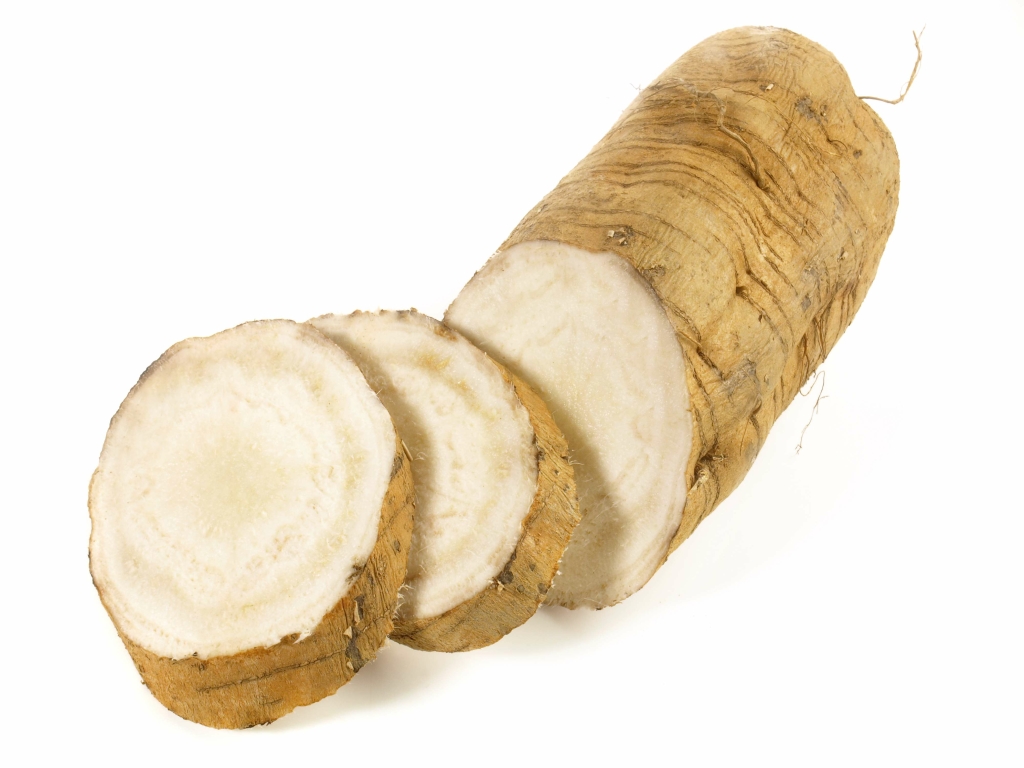Content
When our immune systems are not interrupted by harmful pathogens, bodily functions will run smoothly. However, when the body encounters pathogens that are aggressive or that it has not encountered before, it can weaken the immune system. This is when illness can happen in the form of infections or diseases. The enzymes that cause inflammation are metabolized by the same enzymes in your liver that process B vitamins. When you consume too much alcohol, it can inhibit the production of these enzymes making your body’s defenses less effective. This means that your immune system can’t fight off infections as well as it normally would.
For example, it heightens the chance of developing an infection that a normal person would not catch. Alcohol is a common cause of liver disease because the liver filters alcohol. Each time a Selecting the Most Suitable Sober House for Addiction Recovery person drinks alcohol, some of the liver’s cells die, and new ones regenerate. Over time, heavy drinking can reduce a liver’s regenerative abilities and lead to alcoholic liver disease (ALD).
Addiction Programs
It could even lower your immunity to the point of getting pneumonia or causing respiratory infections such as ARDSand tuberculosis. Binge drinking is defined by the CDC as “a pattern of drinking that brings a person’s blood alcohol concentration (BAC) to 0.08 g/dl or above. On top of lowering your immune system, alcohol also causes your blood pressure to increase to unhealthy levels and can lead to alcohol use disorders. Heavy drinking and chronic alcohol use can significantly impact the immune system and decrease immune function.
Is it bad to have a drink every night?
ANSWER: Occasional beer or wine with dinner, or a drink in the evening, is not a health problem for most people. When drinking becomes a daily activity, though, it may represent progression of your consumption and place you at increased health risks.
This is why when you get an infection, you will often have symptoms that get worse as the infection develops. Then, you’ll get better as the immune system response becomes strong enough to stop and remove the infection. Being a part of the sober-curious movement starts by asking yourself why you choose to pick up a drink in the first place.
National Observances
Once the liver finishes the process, alcohol becomes water and carbon dioxide. If alcohol accumulates in the system, it can destroy cells and, eventually, organs. Monocytes express Toll-like receptor (TLR) 4, the PRR that is often responsible for recognizing LPS on the surface of Gram-negative bacteria. After binding to LPS, monocytes are activated and mature into macrophages that travel to the site of infection to secrete important cytokines for the inflammatory response. For those who have a risk factor for COVID-19, like heart disease or diabetes, he recommends drinking even less.
Normally, this organ makes insulin and other chemicals that help your intestines break down food. Along with toxins from alcohol, they can cause inflammation in the organ over time, which can lead to serious damage. After years, that means you won’t be able to make the insulin you need, which can lead to diabetes. “The only remedy for an immune system damaged from drinking alcohol is to stop drinking. If you are not able to drink in moderation, you should avoid alcohol,” Dasgupta says.
Why Women Who Don’t Drink Can Still Get Cirrhosis
Chronic alcohol abuse over a prolonged period irritates the body’s immune system. These changes are complex, occurring at a chemical and cellular level and involving relationships between different tissues and organs inside the body, often leading to serious health effects. Alcohol has also been found to damage the white blood cells themselves. A weaker immune system will have a harder time fighting off common infections (such as a cold), as well as HIV-related infections. A weaker immune system also increases the chance that you will experience more side effects from your HIV medications. The complex interaction between alcohol, immunity, and disease is particularly relevant to HIV infection.
- You need to maintain a robust, healthy immune system to protect yourself from infections such as COVID-19.
- It can also make it harder to keep a steady body temperature and control your movements.
- Alcohol has also been found to damage the white blood cells themselves.
- The World Health Organization (WHO) and U.S. surgeon general have warned people to avoid drinking too much alcohol during the COVID-19 pandemic.
Ethanol may be detrimental to immune cells due to the generation of free radicals during clearance; however, alcoholic beverages containing antioxidants should be protective against immune cell damage. When a person is addicted to alcohol, it becomes impossible to stop drinking without help. Of course, it is well known that drinking can lead to health issues, including organ failure.
Alcohol and The Immune System During COVID-19
Alcohol also impairs immune cell function and weakens epithelial barrier function in the lower airways, which can cause bacterial respiratory infections. Alcohol also causes the body to metabolize toxic chemicals and increase hormone levels. For example, an increase in estrogen can lead the body to develop breast cancer.
